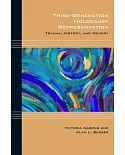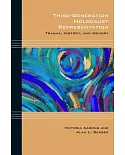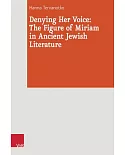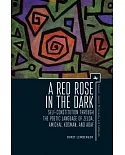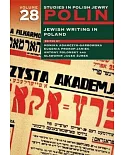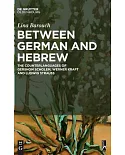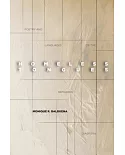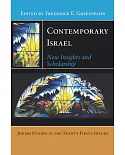Yehuda Amichai is one of the twentieth century's (and Israel's) leading poets. In this remarkable book, Gold offers a profound reinterpretation of Amichai's early works, using two sets of
untapped materials: notes and notebooks written by Amichai in Hebrew and German that are now preserved in the Beinecke archive at Yale, and a cache of ninety-eight as-yet unpublished letters
written by Amichai in 1947 and 1948 to a woman identified in the book as Ruth Z., which were recently discovered by Gold.
Gold found irrefutable evidence in the Yale archive and the letters to Ruth Z. that allows her to make two startling claims. First, she shows that in order to remake himself as an Israeli
soldier-citizen and poet, Amichai suppressed ("camouflaged") his German past and German mother tongue both in reference to his biography and in his poetry. Yet, as her close readings of his
published oeuvre as well as his unpublished German and Hebrew notes at the Beinecke show, these texts harbor the linguistic residue of his European origins. Gold, who knows both Hebrew and
German, establishes that the poet's German past infused every area of his work, despite his attempts to conceal it in the process of adopting a completely Israeli identity.
Gold's second claim is that Amichai somewhat disguised the story of his own development as a poet. According to Amichai's own accounts, Israel's war of independence was the impetus for his
creative writing. Long accepted as fact, Gold proves that this poetic biography is far from complete. By analyzing Amichai's letters and reconstructing his relationship with Ruth Z., Gold
reveals what was really happening in the poet's life and verse at the end of the 1940s. These letters demonstrate that the chronological order in which Amichai's works were published does not
reflect the order in which they were written; rather, it was a product of the poet's literary and national motivations.




